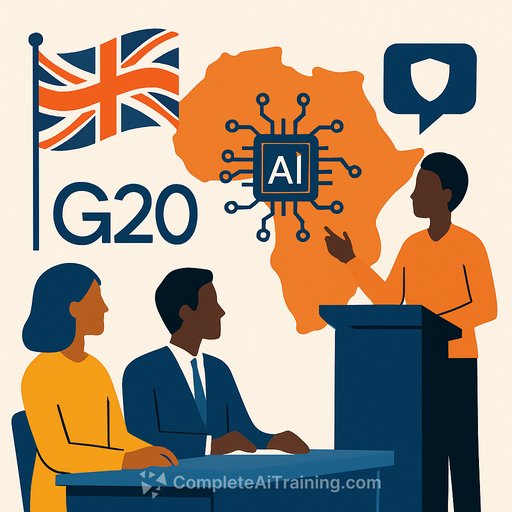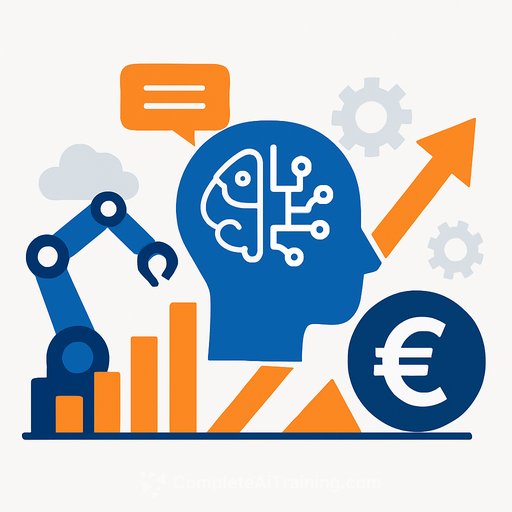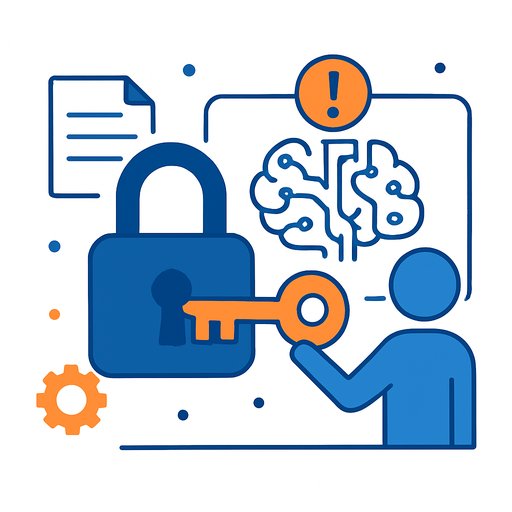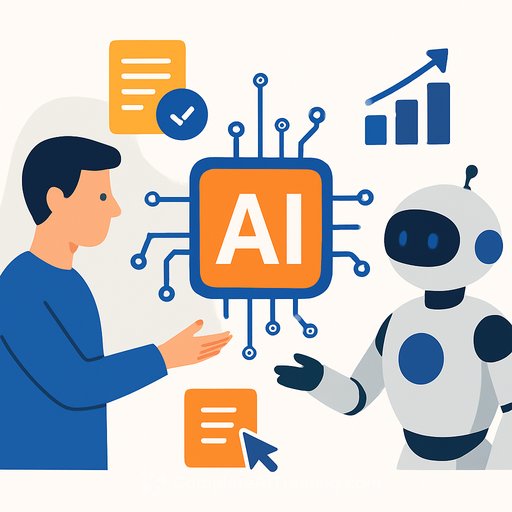AI for Africa: UK backs African-led AI development at G20
The UK Government is supporting the G20 "AI for Africa Initiative," announced in Cape Town, to move AI from pilots to practical outcomes across the continent. The programme backs projects that promote responsible, inclusive use of AI to improve development results, strengthen democratic resilience, and ensure AI is used safely and fairly.
AI Minister Kanishka Narayan said: "AI has the power to fuel growth, build trust and transform lives, and every country should share in that. That's why we're backing African-led innovation that puts people first, tackles real-world challenges, and builds global resilience. By working with countries like South Africa, we're making AI safer, fairer and more inclusive - and helping communities shape the future on their terms."
AI Evidence Alliance for Social Impact: funding what works
The UK's Foreign, Commonwealth & Development Office (FCDO), Canada's International Development Research Centre (IDRC), and Community Jameel are launching the AI Evidence Alliance for Social Impact (AEASI). This £2.75m initiative advances evidence-informed deployment of AI in Africa and forms part of a wider $7.5m collaboration with Google.org to support AI impact evaluations.
- Fund experimental evaluations to identify AI tools that deliver measurable outcomes in Africa and Asia
- Strengthen local research leadership and capacity across universities, labs, and public institutions
- Provide actionable guidance for policymakers and practitioners
- Convene funders, implementers, and governments to share results and set future research agendas
"Artificial intelligence holds extraordinary potential, but only if the tools, knowledge and power to shape it are accessible to all - that includes contextually grounded research and evidence on what works and what does not," said Maggie Gorman Velez, Vice-President, Strategy, Regions and Policies at IDRC. "That is why IDRC is proud to be supporting this new evaluation work as part of our ongoing commitment to the responsible scaling of proven safe, inclusive, and locally relevant AI innovations."
New African Hub for AI Safety, Security, and Peace
A new African Hub for AI Safety, Security, and Peace will be established at the University of Cape Town. It will be the 12th multidisciplinary global AI lab and the second in South Africa, supported by the UK-Canada AI for Development (AI4D) programme across sub-Saharan Africa. The hub will focus on identifying and mitigating AI-related safety and security risks while ensuring African perspectives are part of global AI governance discussions.
- Build capacity for researchers, policymakers, and communities to detect and address AI-related harms
- Develop governance frameworks and technical tools suited to African contexts
- Facilitate community engagement and co-design so solutions reflect local priorities
- Position African actors in global AI rule-making processes
What this means for government, IT, and development teams
- Procurement: require impact evaluations in RFPs for AI projects and budget for monitoring and independent verification
- Data governance: establish data-sharing agreements, consent standards, audit trails, and risk registers early
- Capacity: co-fund placements and fellowships with local universities; plan for in-house skills to maintain and audit models
- Standards: adopt open documentation, model cards, and interoperability requirements to reduce vendor lock-in
- Safety: set up incident reporting, red-teaming, and escalation routines for AI systems used in public services
- Inclusion: require community co-design and publish evaluation results to improve accountability
Next steps
Watch for calls for proposals from FCDO, IDRC, and partners supporting AEASI and AI4D. Prepare concept notes that include a clear theory of change, testable outcomes, data stewardship plans, and risk mitigations. Build coalitions with African universities, civil society, and government delivery units to speed implementation and evaluation.
If you are skilling up teams for AI policy, governance, or delivery, explore role-based learning paths at Complete AI Training.
This programme supports South Africa's G20 presidency priorities and the AI for Africa initiative, reinforcing African leadership on responsible AI and practical delivery.
Your membership also unlocks:










